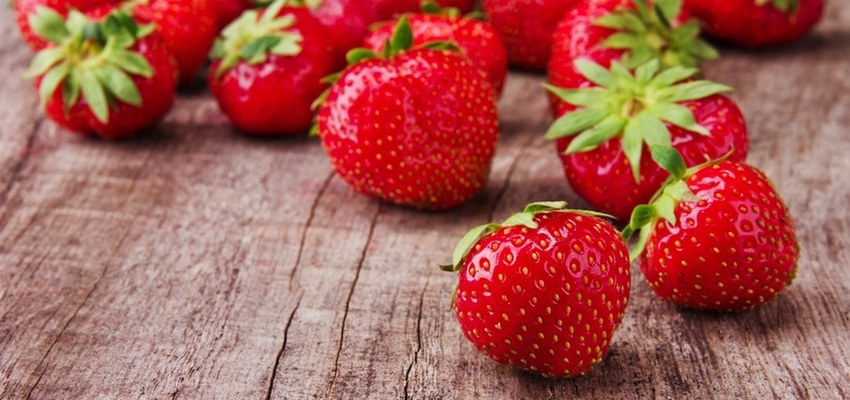12 Fruits & Veggies With The Most Pesticides (2014 Dirty Dozen)
BY MINDBODYGREEN
http://www.mindbodygreen.com/0-13571/12-fruits-veggies-with-the-most-pesticides-2014-dirty-dozen.html
You May Also Enjoy
A Mini-Guide To Choosing The Best Nontoxic Mattress
A good night’s sleep is a major component of a healthy lifestyle, and yet it’s elusive for many people. I’ve talked at length about circadian rhythms and the importance of creating a sleep routine, Read
Don't want to eat fruits coated with toxins? Neither do we! And neither does the Environmental Working Group, which thankfully tracks what's actually in and on our food.
On Tuesday they released their annual Shopper's Guide to Pesticides, which breaks down which fruits and veggies have the most pesticides and which have the fewest. Their goal is to bring some transparency to our food supply and help you decide when it's worth shilling out extra for organic produce. Apples topped the toxic list for the fourth year in a row, which may not come as a surprise in the wake of news that they're often covered with a chemical that's banned in Europe.
If it fits in your budget, the EWG recommends buying organic whenever possible. And if it's just not affordable right now, their guide can help you make more informed, healthy choices. The bottom line, says the EWG, is that it's always good to eat more fruits and vegetables, even if you're exposed to pesticides. Now you can be a little smarter about it.
Some highlights from the report:
The fruits and veggies with the most pesticides (the "Dirty Dozen Plus") are:
The "Dirty Dozen Plus" includes:
BY MINDBODYGREEN
http://www.mindbodygreen.com/0-13571/12-fruits-veggies-with-the-most-pesticides-2014-dirty-dozen.html
You May Also Enjoy
A Mini-Guide To Choosing The Best Nontoxic Mattress
A good night’s sleep is a major component of a healthy lifestyle, and yet it’s elusive for many people. I’ve talked at length about circadian rhythms and the importance of creating a sleep routine, Read
Don't want to eat fruits coated with toxins? Neither do we! And neither does the Environmental Working Group, which thankfully tracks what's actually in and on our food.
On Tuesday they released their annual Shopper's Guide to Pesticides, which breaks down which fruits and veggies have the most pesticides and which have the fewest. Their goal is to bring some transparency to our food supply and help you decide when it's worth shilling out extra for organic produce. Apples topped the toxic list for the fourth year in a row, which may not come as a surprise in the wake of news that they're often covered with a chemical that's banned in Europe.
If it fits in your budget, the EWG recommends buying organic whenever possible. And if it's just not affordable right now, their guide can help you make more informed, healthy choices. The bottom line, says the EWG, is that it's always good to eat more fruits and vegetables, even if you're exposed to pesticides. Now you can be a little smarter about it.
Some highlights from the report:
- A single grape sample contained 15 pesticides.
- The average potato had more pesticides by weight than any other food.
- Single samples of celery, cherry tomatoes, imported snap peas and strawberries showed 13 different pesticides apiece.
The fruits and veggies with the most pesticides (the "Dirty Dozen Plus") are:
- Apples
- Strawberries
- Grapes
- Celery
- Peaches
- Spinach
- Sweet bell peppers
- Nectarines (imported)
- Cucumbers
- Cherry tomatoes
- Snap peas (imported)
- Potatoes
The "Dirty Dozen Plus" includes:
- Hot peppers
- Kale/collard greens
- Avocados
- Sweet corn
- Pineapples
- Cabbage
- Sweet peas (frozen)
- Onions
- Asparagus
- Mangos
- Papayas
- Kiwi
- Eggplant
- Grapefruit
- Cantaloupe
- Cauliflower
- Sweet potatoes

